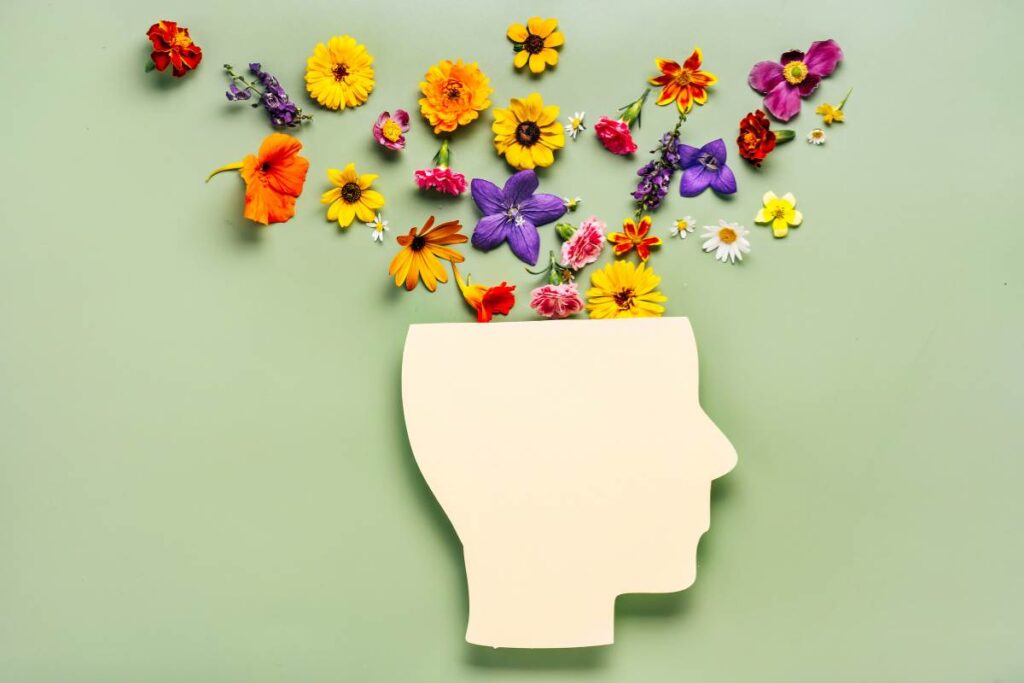Mental health is an integral part of overall well-being, yet it often receives less attention than physical health. Conditions like anxiety and depression are surprisingly common, affecting millions of people worldwide. These conditions can significantly impact daily life, hindering relationships, work performance, and overall happiness.
Understanding Anxiety and Depression
Navigating Mental Health: Understanding Anxiety and Depression
Anxiety and depression are distinct mental health conditions, but they can sometimes co-occur. Here’s a basic overview of each:
-
Anxiety: Anxiety is characterized by feelings of excessive worry, nervousness, and unease. Physical symptoms of anxiety may include rapid heartbeat, sweating, dizziness, and shortness of breath. People with anxiety may also experience intrusive thoughts and difficulty concentrating.
-
Depression: Depression is a mood disorder characterized by persistent feelings of sadness, hopelessness, and loss of interest in activities once enjoyed. People with depression may also experience changes in sleep patterns, appetite, and energy levels.
It’s important to note that occasional anxiety or sadness is a normal part of life. However, if these feelings become persistent and interfere with daily functioning, it’s important to seek professional help.
Strategies for Coping with Anxiety and Depression
Fortunately, there are many effective strategies for coping with anxiety and depression. Here are some key approaches:
-
Seeking Professional Help: A mental health professional can provide a safe space to explore your feelings, develop coping mechanisms, and create a treatment plan tailored to your specific needs. Therapy can be a powerful tool for managing anxiety and depression and improving overall well-being. There are various evidence-based therapy approaches, including cognitive-behavioral therapy (CBT) which helps identify and change negative thought patterns, and interpersonal therapy (IPT) which focuses on improving communication skills and relationships.
-
Lifestyle Changes: Certain lifestyle modifications can significantly improve symptoms of anxiety and depression. Regular exercise is a powerful mood booster, releasing endorphins and promoting relaxation. Aim for at least 30 minutes of moderate-intensity exercise most days of the week. Getting enough sleep is also crucial for mental health. Most adults require around 7-8 hours of sleep per night. Developing healthy eating habits that include plenty of fruits, vegetables, and whole grains can also improve mood and energy levels.
-
Relaxation Techniques: Relaxation techniques can be highly effective in managing anxiety symptoms. Techniques like deep breathing, progressive muscle relaxation, and mindfulness meditation can help calm the mind and body. Mindfulness meditation involves focusing your attention on the present moment without judgment. There are many free meditation apps and online resources available to help you get started Headspace meditation app [invalid URL removed].
-
Building a Support Network: Surrounding yourself with supportive loved ones can make a big difference in coping with anxiety and depression. Talking to friends, family members, or a therapist can provide a safe space to express your feelings and receive encouragement. Joining a support group can also connect you with others who understand what you’re going through.
-
Self-Care Practices: Prioritizing self-care is essential for managing anxiety and depression. Engage in activities you enjoy, whether it’s reading, spending time in nature, listening to music, or pursuing hobbies. Make time for relaxation and activities that bring you joy.
Remember, navigating mental health is a journey, not a destination. There will be ups and downs along the way. Be patient with yourself, celebrate your progress, and don’t hesitate to seek help when you need it.
Additional Resources
If you are struggling with anxiety or depression, here are some resources that can help you:
- National Institute of Mental Health: National Institute of Mental Health
- Anxiety and Depression Association of America: Anxiety Disorders Association of America [invalid URL removed]
- MentalHealth.gov: MentalHealth.gov
Conclusion
By taking proactive steps and utilizing available resources, you can effectively manage anxiety and depression and live a fulfilling life. Remember, you are not alone. With the right support and strategies, you can navigate your mental health journey and achieve emotional well-being.

